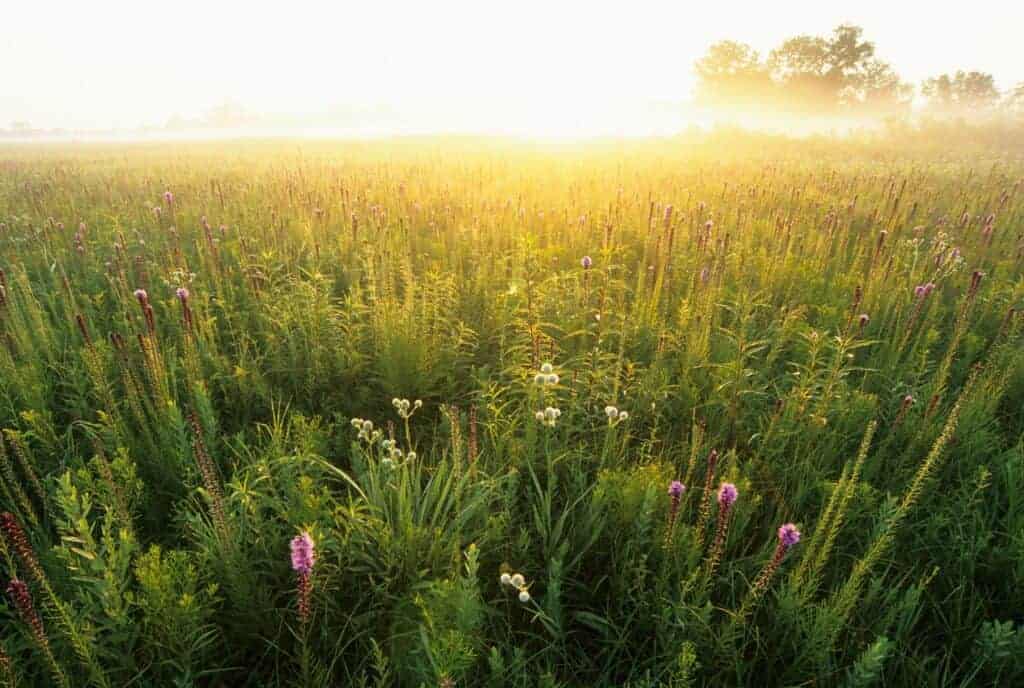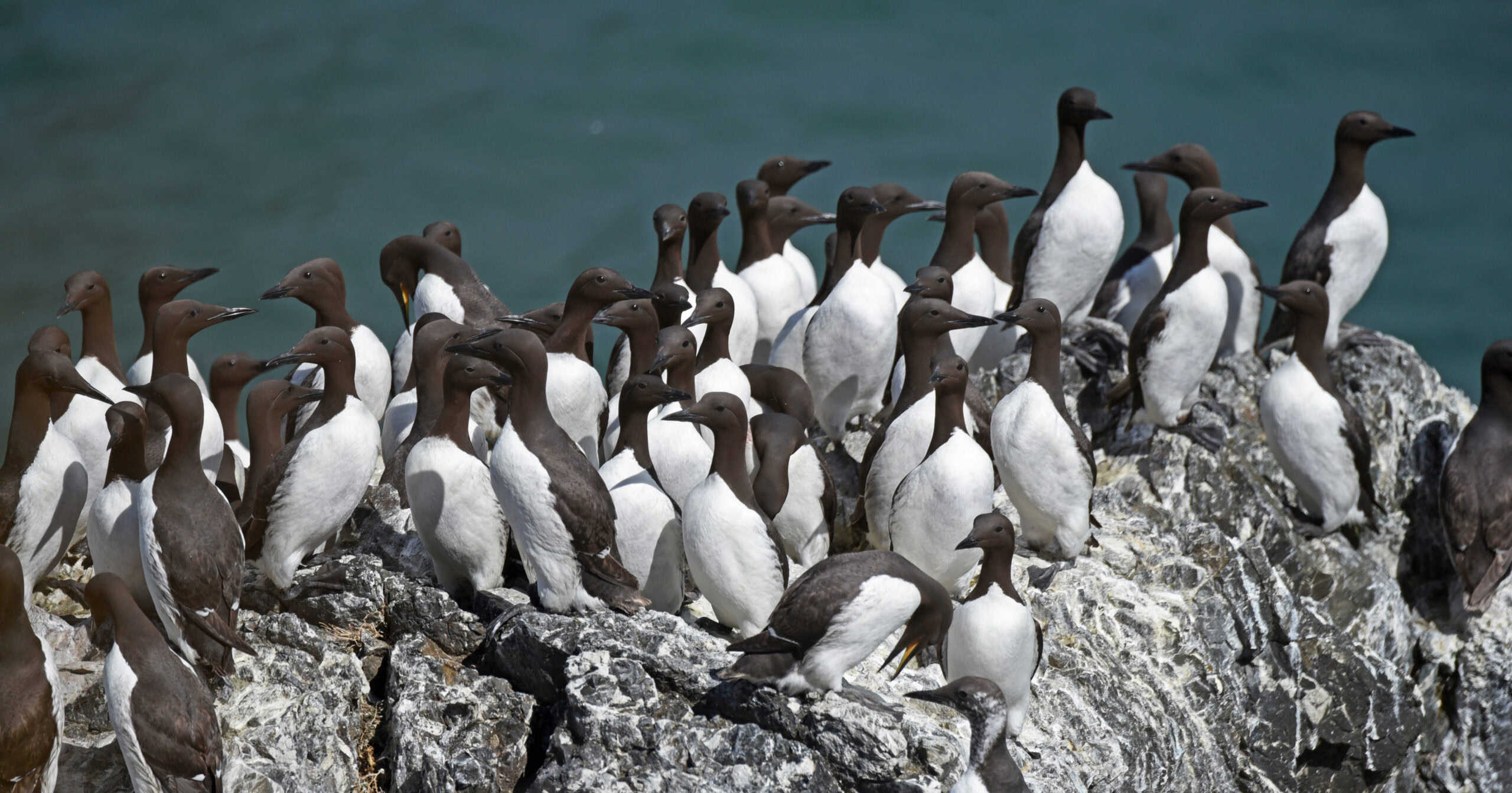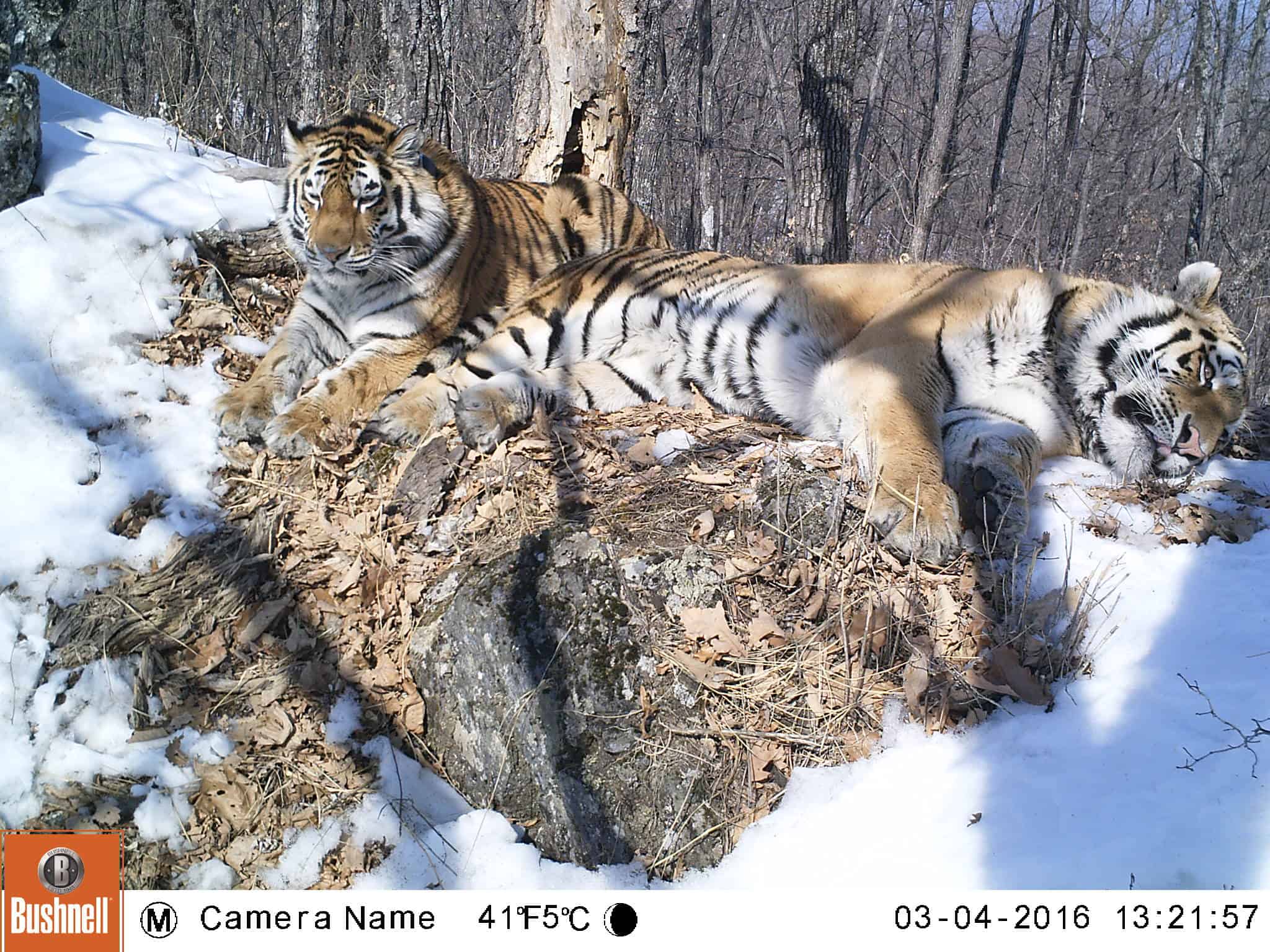Share this article
TWS Position Statement: Climate Change, Sustainability, and Wildlife
Back to Position Statements page
The scientific evidence for human-caused climate change is vast. Greenhouse gas emissions are the primary driver of rapid global warming. Failure to curb the human-caused drivers of climate change will accelerate the cascade of effects on natural systems supporting life on Earth, including wildlife and humans, and be both unpredictable and irreversible. Urgent and substantive actions involving global, regional, local, and individual efforts that limit the extent and rate of change, mitigate its effects, and adapt to the altered climate reality will all contribute to the sustainability of wildlife and human communities.
The Earth’s climate is warming at an unprecedented rate. The level of CO2 in the atmosphere is at the highest level in the past 800,000 years and continues to increase. Higher levels of CO2 and other greenhouse gasses in the atmosphere result in increasing global air temperatures. Nineteen of the 20 warmest years on record (since 1880) occurred in the 19-year period between 2001 and 2019. Oceans have absorbed most of the excess heat, increasing water temperature and acidity globally. Arctic sea ice has decreased about 13% per decade since the 1980s. Sea levels have risen 16-21 cm (7-8 inches) since 1900 and are predicted to rise another 15-38 cm (6-14 inches) by 2050 under current trajectories. Precipitation amounts and intensity are changing with some areas receiving more moisture and more frequent storms resulting in increased flooding, while other areas are experiencing exceptional drought and declining snowfall resulting in an increase in frequency and intensity of wildfires.
Effects of climate change on wildlife distribution and abundance are often species-specific and highly variable. As examples, rare species, ectotherms, and habitat specialists are particularly sensitive to change, and disruption of trophic interactions such as pollination and disease transmission will drive some species to global extinction or local extirpation. Overall, global wildlife diversity is declining at an accelerating rate. The effects of climate change cannot be considered in isolation because they exacerbate and multiply the effects other stressors such as habitat fragmentation, loss of landscape-level connectivity, invasive species, wildlife disease, and overexploitation have on wildlife.
At the same time, the historical and ongoing impacts to human communities that are most affected by climate change and least able to affect solutions as we implement adaptation or mitigation actions for wildlife must also be considered. Subsistence communities may be particularly vulnerable to climate change because of their direct dependence on natural resources. Coastal communities that traditionally harvest fish and marine wildlife for food are at high risk, as are agrarian societies that herd livestock and grow crops in traditionally sustainable local economies. Adaptation and mitigation actions are necessary to conserve wildlife while minimizing the impact on under-resourced communities. Issues of social justice and intergenerational equity (sustainability) need to be considered in all climate change decision processes.
While governments around the globe work to slow the current rate of global warming, there are additional steps that wildlife professionals can take to support ecosystem resilience and wildlife that depend on these ecosystems.
The policy of The Wildlife Society regarding global climate change, wildlife, and sustainability is to:
- Support actions that reduce greenhouse gas emissions.
- Advocate for legislation, regulations, policies, and funding that limit, mitigate, and adapt to the effects of climate change.
- Align TWS’ culture and operations, including conferences and other programs, with efforts that limit greenhouse gas emissions and mitigate the impacts of climate change.
- Recognize that individual actions by wildlife professionals and others collectively deliver conservation value even in the face of daunting ecosystem change. Encourage TWS members to reduce their own carbon footprint and to advocate locally, based on science, for positive action on climate change and sustainability.
- Acknowledge that the impacts of climate change will affect communities, cultures, and nations inequitably, and that the burden of actions to limit, mitigate, and adapt to the effects of climate change should be shared equitably.
- Engage a broad community of experts in climate change research, mitigation, adaptation, and outreach to build diverse, equitable, and inclusive collaborations that promote the conservation and management of wildlife and wildlife habitats while minimizing the impacts on under-resourced communities.
- Encourage research that advances our understanding of climate change’s impacts on wildlife, success of adaptation and mitigation efforts, and human response to the science of climate change and how to increase the effectiveness of public outreach.
- Promote professional development and information dissemination on climate change to educate wildlife students, biologists, managers, policy makers, and the public about the effects on wildlife and ways to account for climate change in wildlife planning and management.
- Recognize the need for flexibility in approaches as expected outcomes from a changed climate evolve by:
- Supporting efforts by wildlife professionals, companies, organizations, tribes, and agencies that prioritize and allocate resources to conservation efforts that have the greatest chance of success.
- Facilitating and supporting innovative decision-making frameworks that consider likely future conditions during conservation management planning.
- Supporting the development and testing of creative conservation actions that aim to assist wildlife in their adaptation to climate shifts.
- Endorse the management recommendations of the 2021 National Fish, Wildlife, and Plants Climate Adaptation Network[1].
[1] National Fish, Wildlife, and Plants Climate Adaptation Network. 2021. Advancing the national fish, wildlife, and plants climate adaptation strategy into a new decade. Association of Fish and Wildlife Agencies, Washington, DC.
Approved by Council in November 2022








